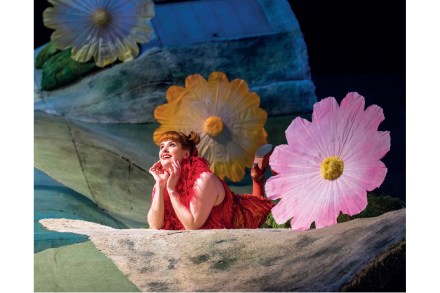How Vermeer learnt to embrace the everyday – and transfigured it
Has any artist ever painted fewer pictures than Johannes Vermeer? At the last authenticated count there were 37 still in existence, and five more are known from references in early sources. With allowance for wastage and disappearance historians estimate that he produced no more than 50, a rate of two a year over a career spanning two decades. So when 28 are assembled in one exhibition, as currently at the Rijksmuseum, it counts as a blockbuster. Astonishingly, this is the museum’s first Vermeer exhibition. Holland’s national gallery has not always valued its most popular master: when it opened in 1885, the only Vermeer on show, ‘Woman in Blue Reading a




















